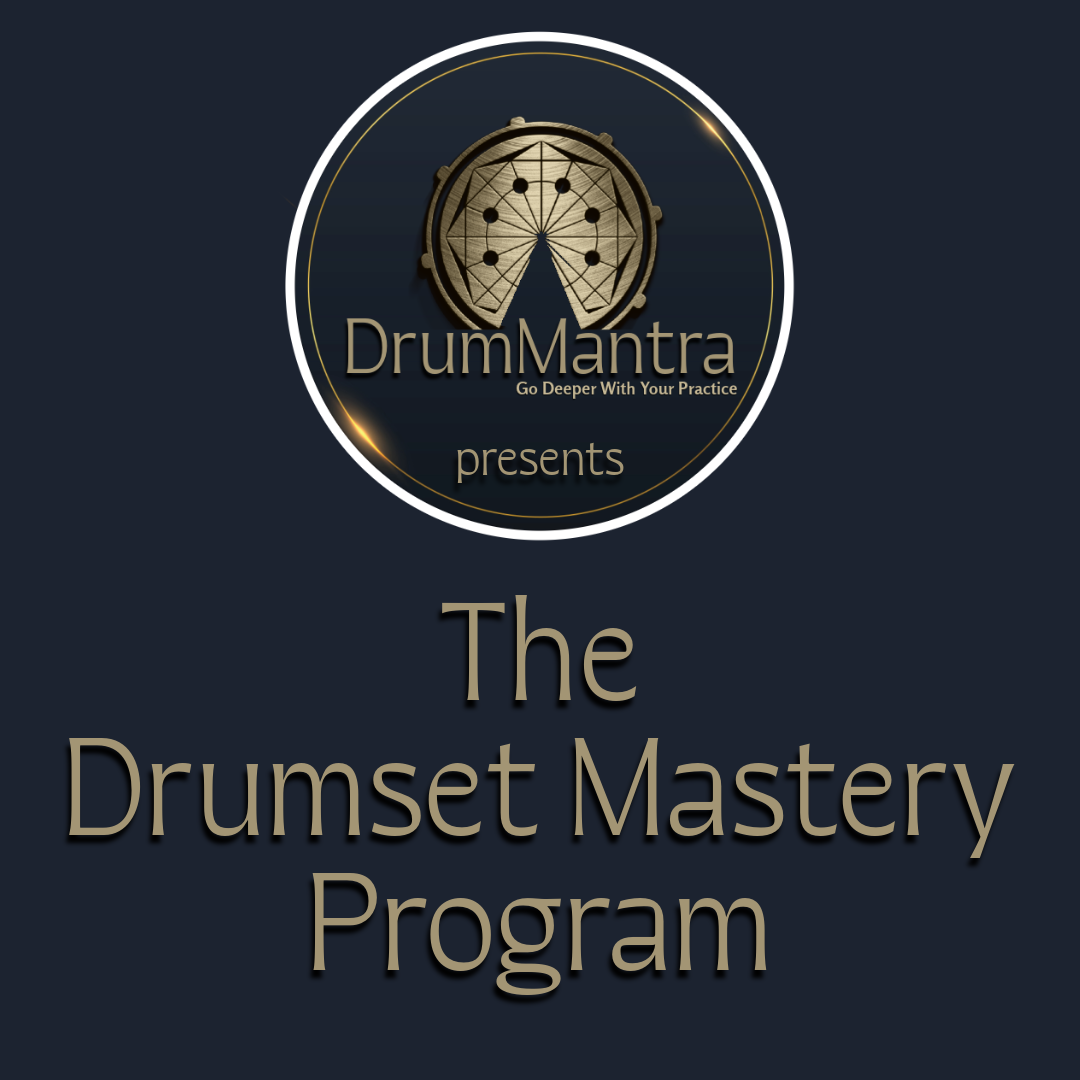75% of drummers do not have a focused practice routine.

75% of drummers do not have a clear, consistent, and effective practice routine.


Some other questions we asked besides practice time, and routine was what they most wanted to improve, and what their biggest hang-ups were in the practice room. The answers were almost unanimous.
Despite wanting to improve time, feel, reading, coordination, and technique, almost everyone admitted to a lack of focus, discipline, concentration, and organization.
Becoming great at something is a mental game as much as a physical one. Training the body to be able to play certain things is only part of the equation. The more significant aspect of the equation, really, is the mental game of concentration, focus, and discipline. Where do you fall on those charts I posted?
Are you one of those people who practices 4 hours a day but doesn't seem to get any better because you have no consistent routine? Do you practice only 30 minutes or less because you are too busy with life? (If this is you, answer this question with honesty: "How much Netflix do I watch? How much social time do I spend with people? How much time do I waste doing pointless things?") Remember – to understand something deeply; to have a chance to master something; to be able to do something so well that it becomes the main focus of your life, you MUST dedicate time and attention to it.
Dedication can be scary because it faces the great unknown - will it work out?!
The bottom line is you have to love it. You have to be passionate about whatever it is you are doing. You have to do something because you like doing it: Period. Once you align yourself with your passion, you can trust the practice you are doing is worthy of your time and attention. (This includes practicing, listening, talking about music, studying other players, thinking about, etc. It requires full dedication.)
Q. How do we learn to do something well?
Q. How long does it take to develop a habit?
Q. How does one develop a habit for drumming without knowing how to have a focused practice session?
Q. Are you ready to create a practice habit that will allow you the space to grow into the player you want to be?

30 lessons. 30 days.
The DrumMantra3030 is an educational drumming course that is designed to take your practice to a deep level.Before releasing the DrumMantra3030 to the world, I wanted to test it out to make sure it was doing everything I intended for the practitioner, So I organized a group of drummers from around the world that I named the “Test Pilots.” These were guys who seemed to take a particular interest in my material and would post about it. I thought they would be perfect candidates to try the entire course out.
Here are the DrumMantra3030 test pilots:

All of my fears and doubts were laid to rest almost immediately. “Is this going to be too boring, too easy, too monotonous, etc.” No. No. No. Everyone was so receptive and had terrific things to say about the course every step of the way. If anything, I was asked to slow the exercises down considerably (which I did).
...and some quotes from the Test Pilots:

What does this course cover?
This is a “cross-training” course in that you are developing multiple things at once. These exercises are long. They are designed to develop muscle memory, so your body is able to more quickly and efficiently express itself in a musical way when the time comes. The many repetitions of each exercise are the foundation of the concept “DrumMantra” which means rhythmic repetition.
- You will experience three different time signatures in the course: 4/4, 3/4, and 5/4. (Day 1-15 is in 4/4, Day 16-23 is in 3/4, Day 24-29 is in 5/4, and Day 30 is in all three.)
- You will experience 5 different stickings - RLRL, LRLR, RRLL, LLRR, and RLRRLRLL
- You will experience accent permutations and pulse displacements.
- You will experience “moving clicks” where the click may move by a 16th note every four measures. Or the click may be in 3/4 and then suddenly in 12/8, etc.
- You will experience the 3:4 and 5:4 polymetric relationships as well as a comprehensive and in-depth coordination study of both.
- You will experience advanced phrasing concepts and rhythmic reading.
- You will experience progressive coordination between the hands and one foot.
- You will experience three “meditations,” which are exercises that last around 35 minutes without stopping.
- You will develop the ability to discern a 1bpm change in tempo through exercises designed to train your internal clock.
- You will develop your patience, focus, discipline, awareness, concentration. You will strengthen your endurance, consistency, accuracy, precision.
- You will deepen your coordination, sense of phrasing, understanding of odd time signatures, knowledge of polymetric relationships.

